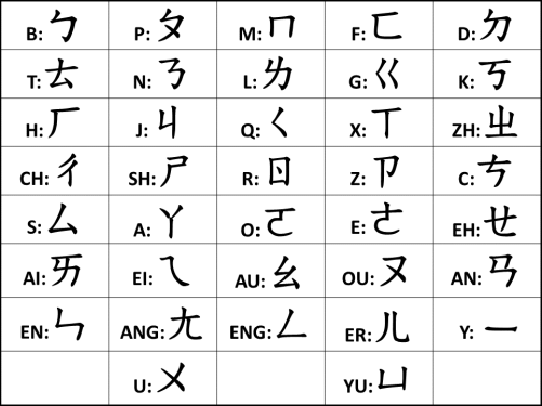I enjoy learning chinese. If I had the chance to learn it sooner, I am confident I would have mastered it better than English now. However, due to cultural repression in Indonesia when I was small, I was only able to get a good Chinese education when I was in my 20s.
This essay narrates my chinese learning journey, which began when I was already 16 years old. I hope it will provide some tips and inspiration to adult Chinese learners.
This title is divided into four parts, each representing a different milestone in learning Chinese. The first part covers the years 2005-2007, my high school years. The second part spans the years 2007-2011, while I was an undergraduate student. The third part covers the period 2007-2013, beginning with my working years, and concluding when I began my PhD study. The last part spans the year 2013-2021, from my PhD years to the present.
Part 1: High School Years (2005-2007)
Chinese language and culture, as well as Chinese characters, were outlawed in Indonesia for more than three decades before the restrictions were ended in 2001. Therefore, unlike now, receiving a good Chinese lesson was almost impossible when I was young. Even until now, systemic problems still persist in trying to improve Chinese language education in Indonesia. The restrictions were ended in 2001. In 2005, my mother arranged for her children to take Chinese lessons. Considering to send us to Singapore or Taiwan to study, she thought that some chinese knowledge would be beneficial.
Thus, my chinese study began in 2005, at the age of 16. Our class was held weekly at a teacher’s home. Her home was not far away from where we lived. The teacher used a childrens’ book from Taiwan to teach us. Every week, it’s the same routine. She read us a story. We had to repeat each sentence she read aloud. She made a list of all new words and asked us to copy them many times into our copybooks. She didn’t teach us using any standard phonetic system, e.g. zhuyin, or pinyin. We just had to follow how she wrote and how she spoke. For two years, I learnt Chinese in this manner. As I mentioned, getting a good chinese education could be considered a luxury at that time.

Zhuyin Phonetic System (Taele & Hammond, 2015)
Aside from that, I took Chinese as an extracurricular during my senior year of high school. It wasn’t a serious class, and the grade we earned did not matter. The book emphasized conversational skills and simply taught students simple conversations such as “how are you?” and “I’m OK.” We were also given a cursory introduction to the pinyin system in the class.
Due to the fact that I learned Chinese late in life, as well as the poor quality of my Chinese education, I only reached a beginner level, i.e. HSK2 (CEFR A1 level) when I started the university.